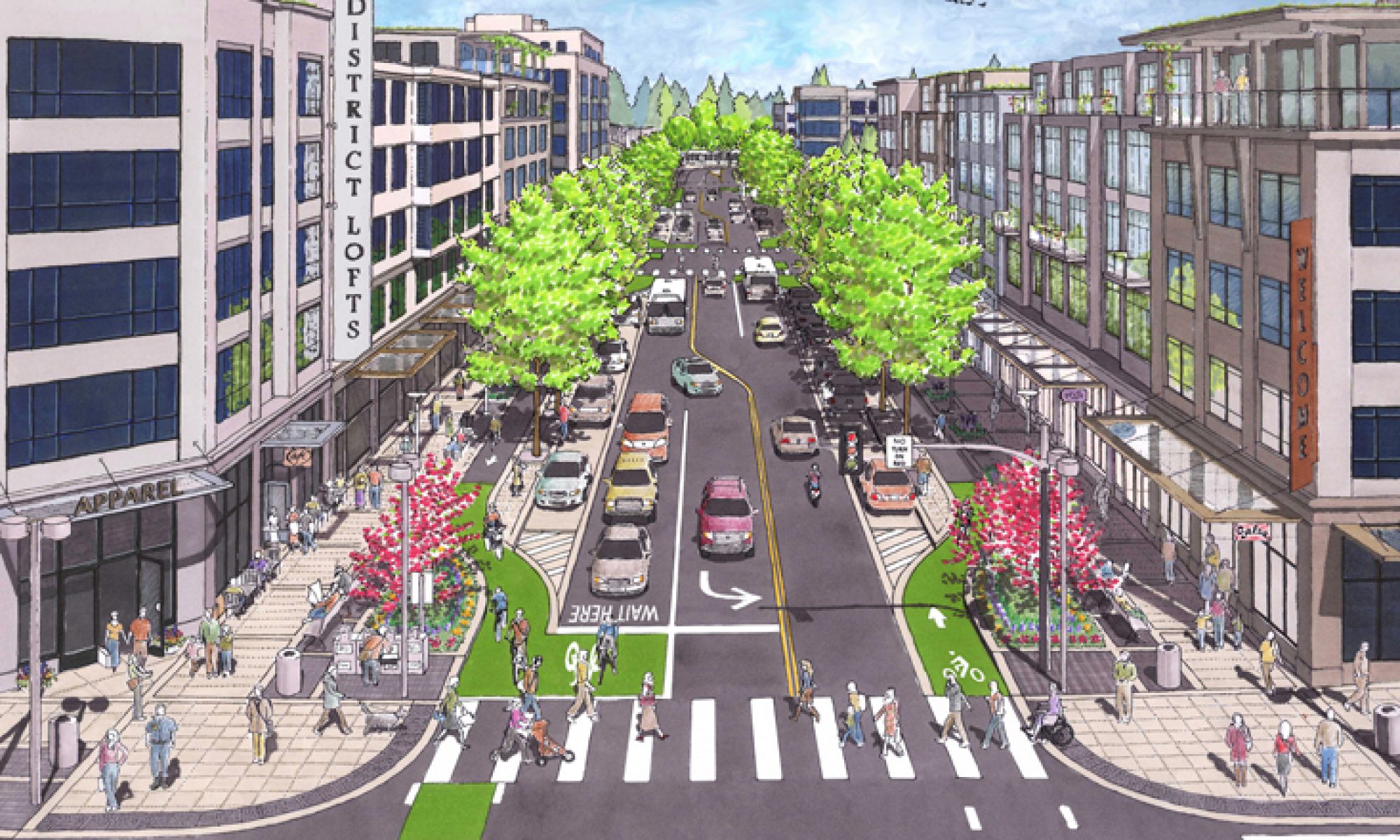We advocate building spaces for people rather than for cars. Building housing for people rather than building parking spaces.
“…it begged the question that, perhaps, it’s time to re-examine parking requirement for new residential construction – that maybe blanket requirements are not the best options.
“We are certainly not advocating getting rid of parking everywhere,” said Hart. “We’re just trying to explain to these communities that parking requirements in these communities maybe shouldn’t be locked in to every development.”
Added Lee, “Three parking spaces could be a three-bedroom unit and that means more units in total, which is what everyone is scrambling to build as the housing demand increases in our areas…These are things people want and they are limited by potentially outdated zoning requirements based on data that isn’t reflecting the current trends.”
MAPC:If You Build It, Traffic Will Come:Parking Study Reveals That About 25 Percent of Spaces Go Unused in Residential Apartment Buildings





















